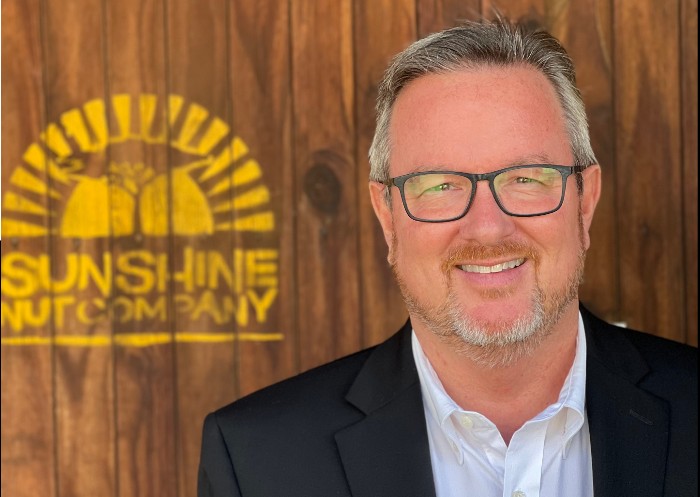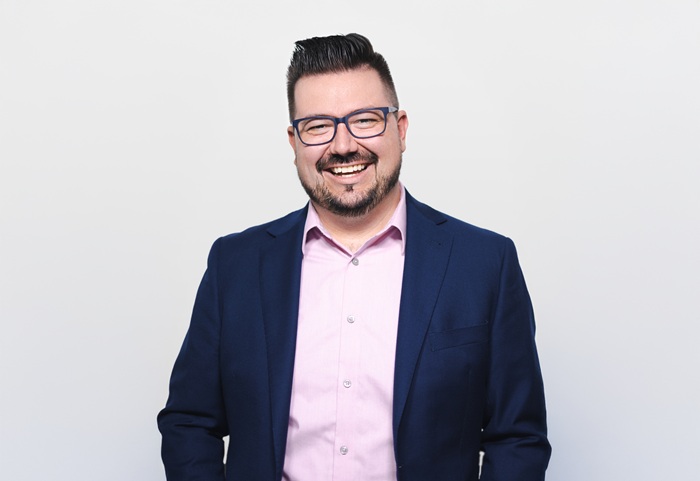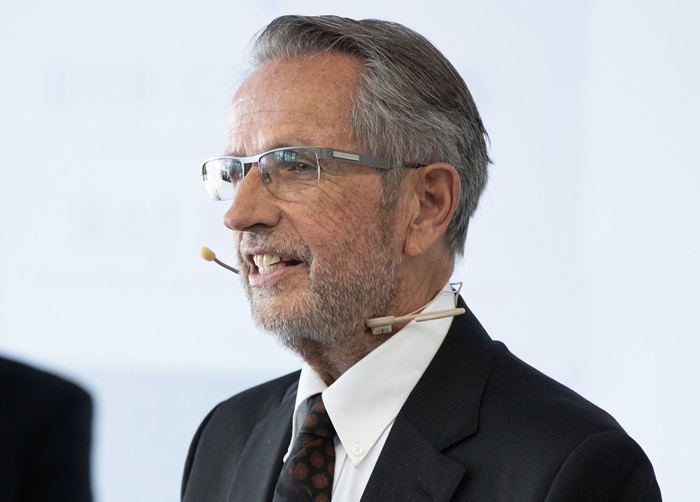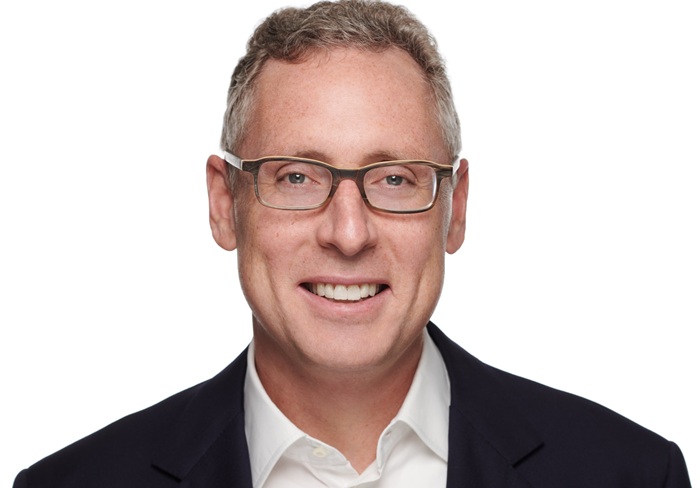Don Larson’s Holistic Business Model Is Transforming Lives in Africa
By Chris Benguhe, RaeAnne Marsh and Elaine Pofeldt | November 14, 2024 10:27 am
Sunshine Nuts founder and CEO took the Hershey model to a whole new level.

There is so much in what Don Larson shares that is positive, heartwarming and possible with the amazing business model he built with Sunshine Nut Company.
As Don relates, he started his business journey as a Hershey executive. “My job was to fix things. And so, they sent me a new place every year that was helplessly broken. And the last job was in cocoa” — in Africa. The experience was eye-opening for him. “[It] got me able to see the things in Africa that bothered me, which was all the resources, all the capability was there; it just needed someone to introduce it.”
He took the Hershey business model — an interesting story in its own right — “and I decided, well, I’m going to take this model to where it’s really needed, and it’s probably the most-needed country in the world: Mozambique, Africa. So, I developed a premium product that I could use to take care of the subsistence-farming communities.”
Addressing the heavily exploited cashew farmers, Don explains, “We establish the brand and now we’re going into the communities, and we’re vertically integrating down to the smallholder level. And we’ve introduced a model where we can aggregate smallholder farmers using community farms that we establish — not in our name; in the community’s name, so they have land ownership for the first time.”
And that was just the beginning. Don’s efforts encompass community nurseries, village factories and even positive revenue streams from what would otherwise be waste — even toxic waste. “What we make in the marketplace goes back into those communities as well,” he says.
And what are the communities? “So, in each village we’re in, we’ve got the nursery, the farm and the factory, but then we had a transformation center, a subsidized store, and Sunshine homes where we take care of vulnerable women matched up with orphan children. So, it’s a very complex system, but it’s a complete system that allows us to raise the standard of living quite substantially.”
Don also shares insights into the cashew industry that further accentuate the remarkable advances he’s made in the product itself. And those who may see the transformation of communities as a sort of philanthropy, Don makes it clear that Sunshine Nuts’ philanthropic efforts are beyond the business model. Making changes in the industry supply chain, Don says, “You can afford to pay the farmers more, you can afford the freshness, better product. But then we do all our philanthropic work because we’ve got those relationships right with the community.”
Going to food shows and sharing his story, Don has changed people’s attitude from skepticism to “Okay, so you’re not writing a check to some charity and claiming this.” And he’s inspired businesses in other industries to apply his business model to create world-changing, community-changing generational change.
Don’s personal motivation to “build a legacy. I want to have something that lives on that does good” harkens back to what he shared about Hershey and its work with orphans: “We have now 35 kids that we’ve signed for. So, I thought I was done with children. I’m hoping to have hundreds of children.” These are children who have been beaten, raped, never gone to school, and suffered the most miserable circumstances. “It usually takes a month,” he says, “but the kids we get, they’re in private school now, they’re exceeding in their class.”
Drawing a stark contrast with Milton Friedman, Don observes, “If you can do business and do good while you’re doing business, that’s the real ticket.”
He supports this philosophy with experiences at his company, and shares, “We tend to cry because our changes in people’s lives are so radical that I never used to cry but now I cry all the time because it’s so wonderful to see people when given the opportunity to excel, to have dignity, to just feel good about themselves, and to participate and want to be like this..”
These excerpts touch the surface of Don’s story. For more in depth, please click on the link below.




